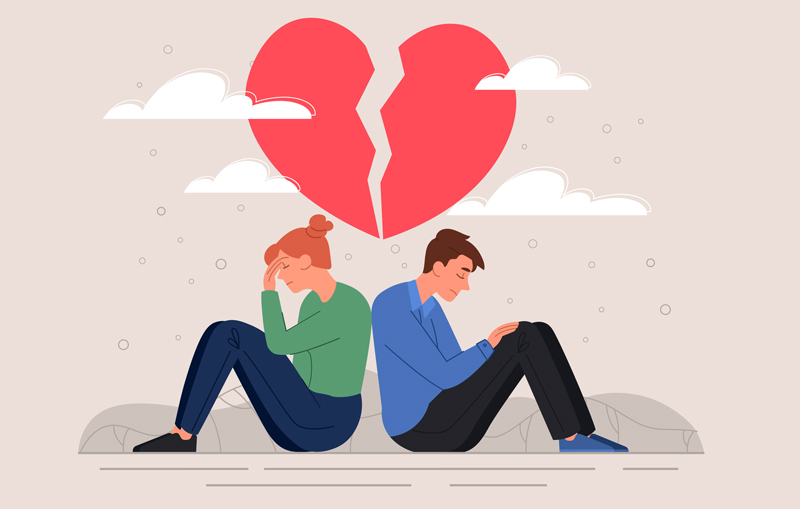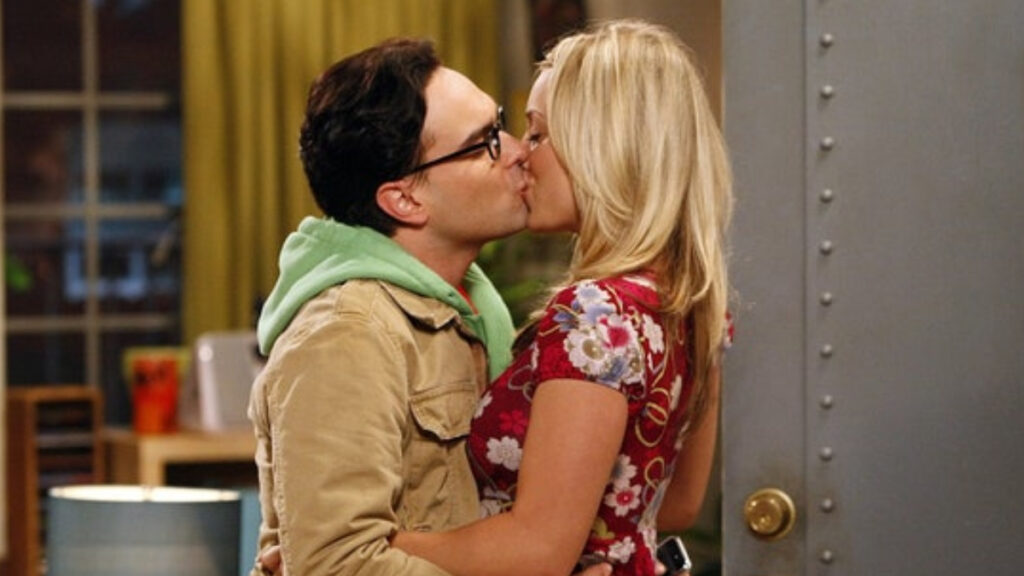
ADHD and Relationships
17th June, 2024
Love is great and all that jazz, but sometimes ADHD can throw a wrench into even the strongest relationships. ADHD can manifest in various ways, and some symptoms can lead to misunderstandings and frustrations between partners. Let’s explore how ADHD and relationships can interact and what can be done to navigate these challenges.
Common ADHD Symptoms Affecting Relationships:
- Inattentiveness: Your partner with ADHD might struggle to focus during conversations, get distracted during sex or forget important details you discussed. This can make you feel unheard or unimportant.
- Disorganisation: Missed appointments, misplaced items, or difficulty following through on commitments can lead to resentment and a feeling of being unreliable in the relationship.
- Impulsivity: Acting impulsively can impact decision-making and finances, causing stress and arguments within the relationship.
The Impact on Partners
These symptoms can leave you feeling unheard, unsupported, and carrying a larger emotional burden in your relationship with ADHD. You might become the “nag” or “the parent”, reminding your partner about tasks, which can breed negativity and resentment.
Building Stronger Connections
The good news is that ADHD doesn’t have to be a relationship dealbreaker in relationships with ADHD. Here are some tips:
- Open Communication: Talk openly about how ADHD affects each other in your ADHD relationship. Share your feelings and frustrations without blame. Listening to each other’s perspective can help increase understanding and acceptance of each other. Once you become aware of how someone is feeling and how they process things this can take the sting out of things you might otherwise take personally.
- Develop Strategies: Work together to create systems for organisation, communication, and task management. Visual aids and routines can be helpful in navigating ADHD and relationships. It’s important to note BOTH partners need to take responsibility for creating strategies. ADHD brains are creatively capable – you need to find the way that works for you and then communicate with each other.
- Seek Professional Help: Consider therapy, either individually or as a couple, to learn communication skills and develop coping mechanisms for the relationship. Unmanaged, undiagnosed or unacknowledged ADHD is likely to wreak havoc on a relationship and the sooner you seek help the better.
Remember
With treatment and understanding, couples with ADHD can build strong and fulfilling relationships. Patience and compassion are key – this goes for how you treat each other and how you treat yourself. Focus on supporting each other and celebrate your partner’s strengths in your ADHD relationship.
By working together and seeking professional help when needed, you can navigate the challenges of ADHD and relationships and build a lasting, happy connection. Seeking help can be the first step to building a supportive framework for your relationship.
If you are struggling with ADHD in your relationship you I can help.


